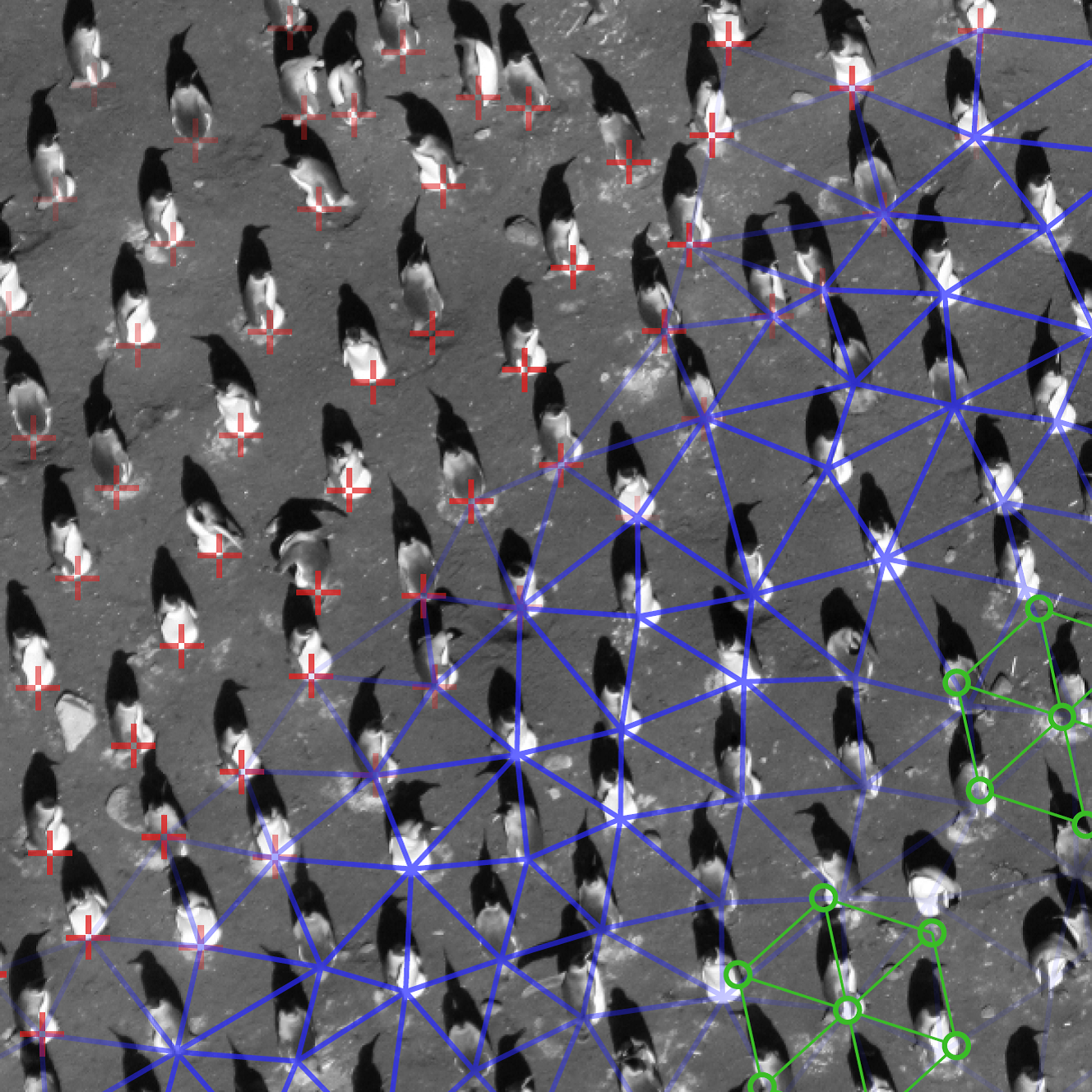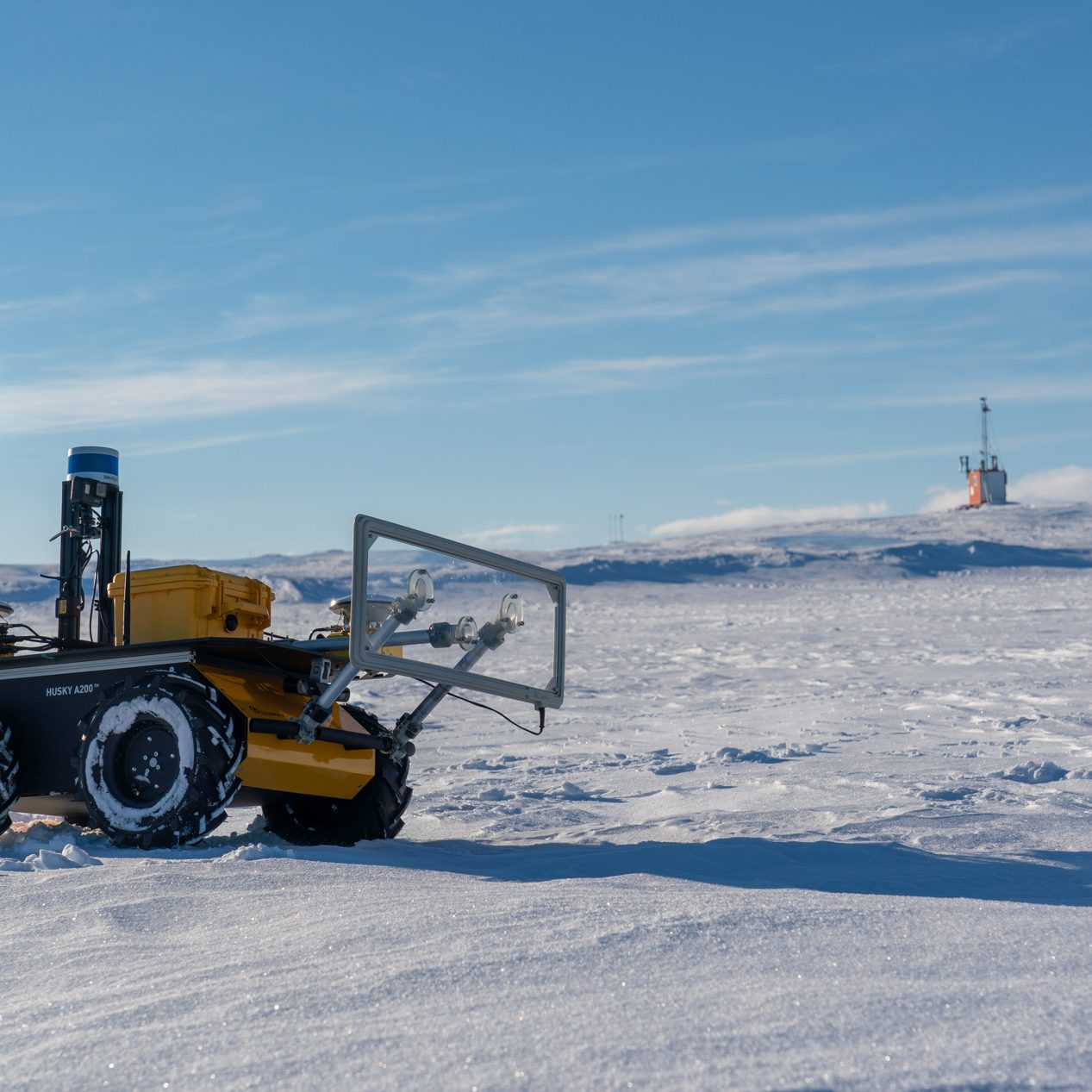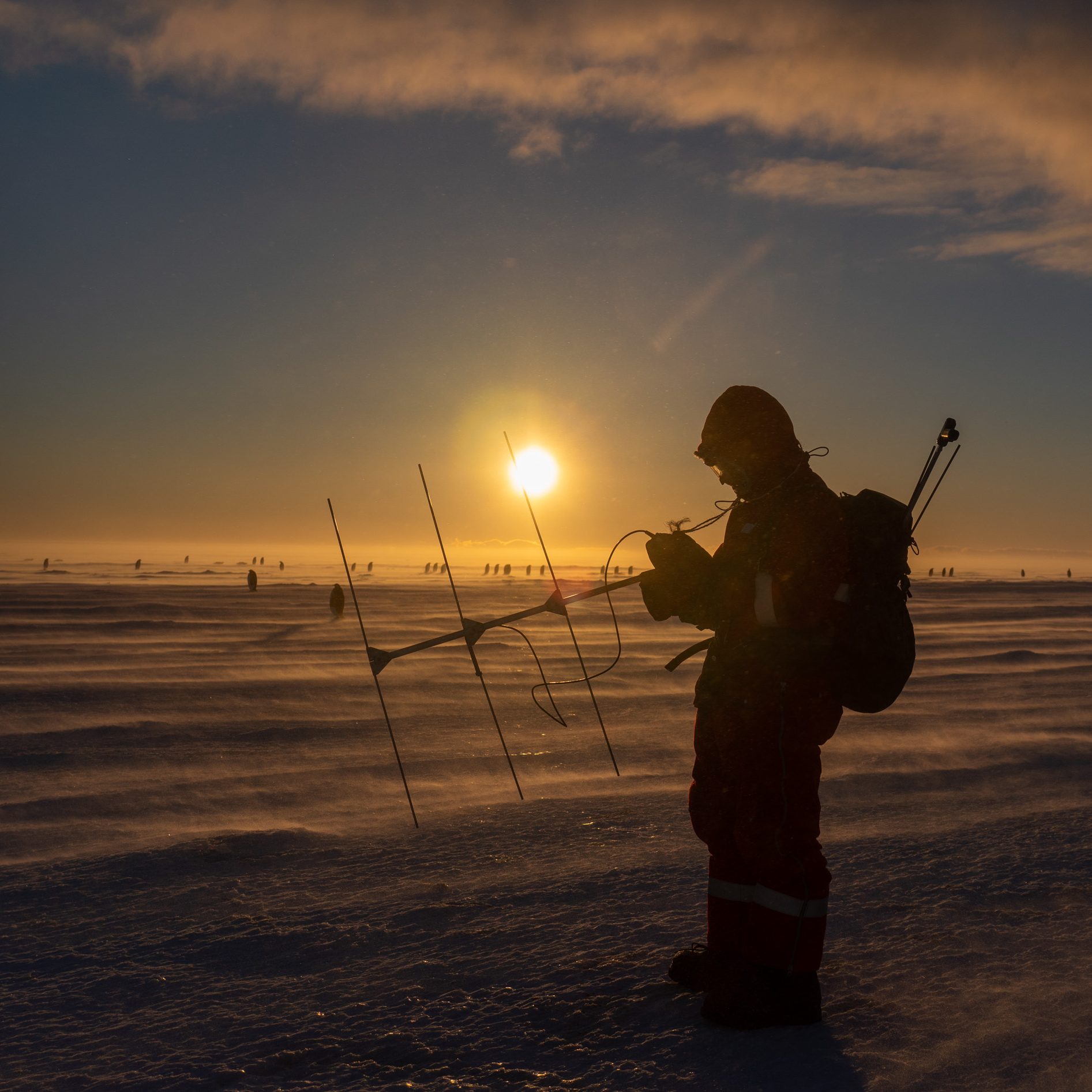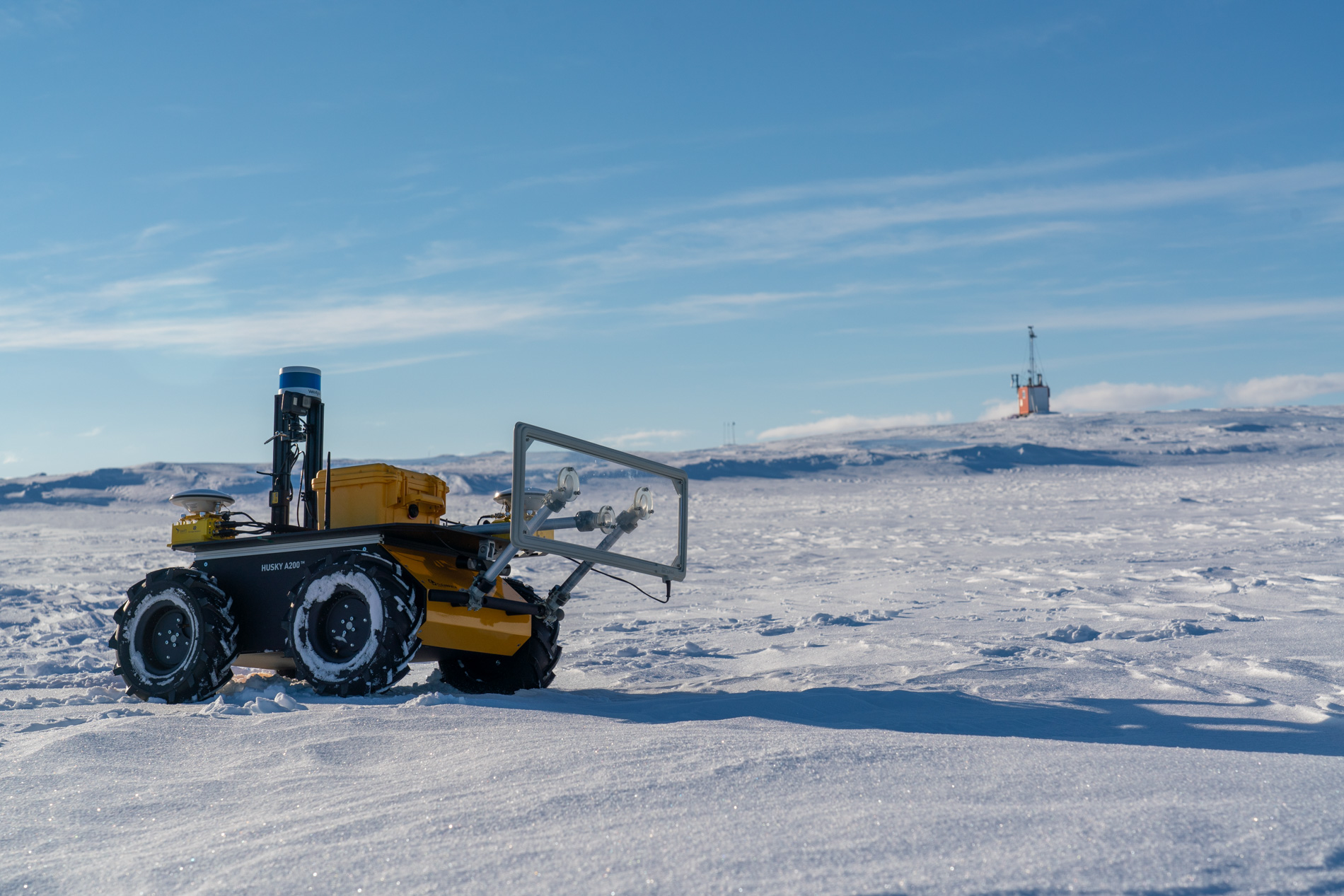About the group
In the Marine Animal Remote Sensing (MARS) Lab at WHOI, we use remote sensing methods such as photography, satellites, radar, passive acoustic monitoring and robotics to study ecosystem health as well as behavior and ecology of top predators. We focus on two main systems, penguins and large whales, mostly somewhere on the southern hemisphere. We try to find general rules which govern motion of animals, groups of animals, or even populations and infer ecosystem health from measured collective behavior parameters. The topic of our work is reflected in the groups interdisciplinary composition where we are, biologists, engineers and physicists.









